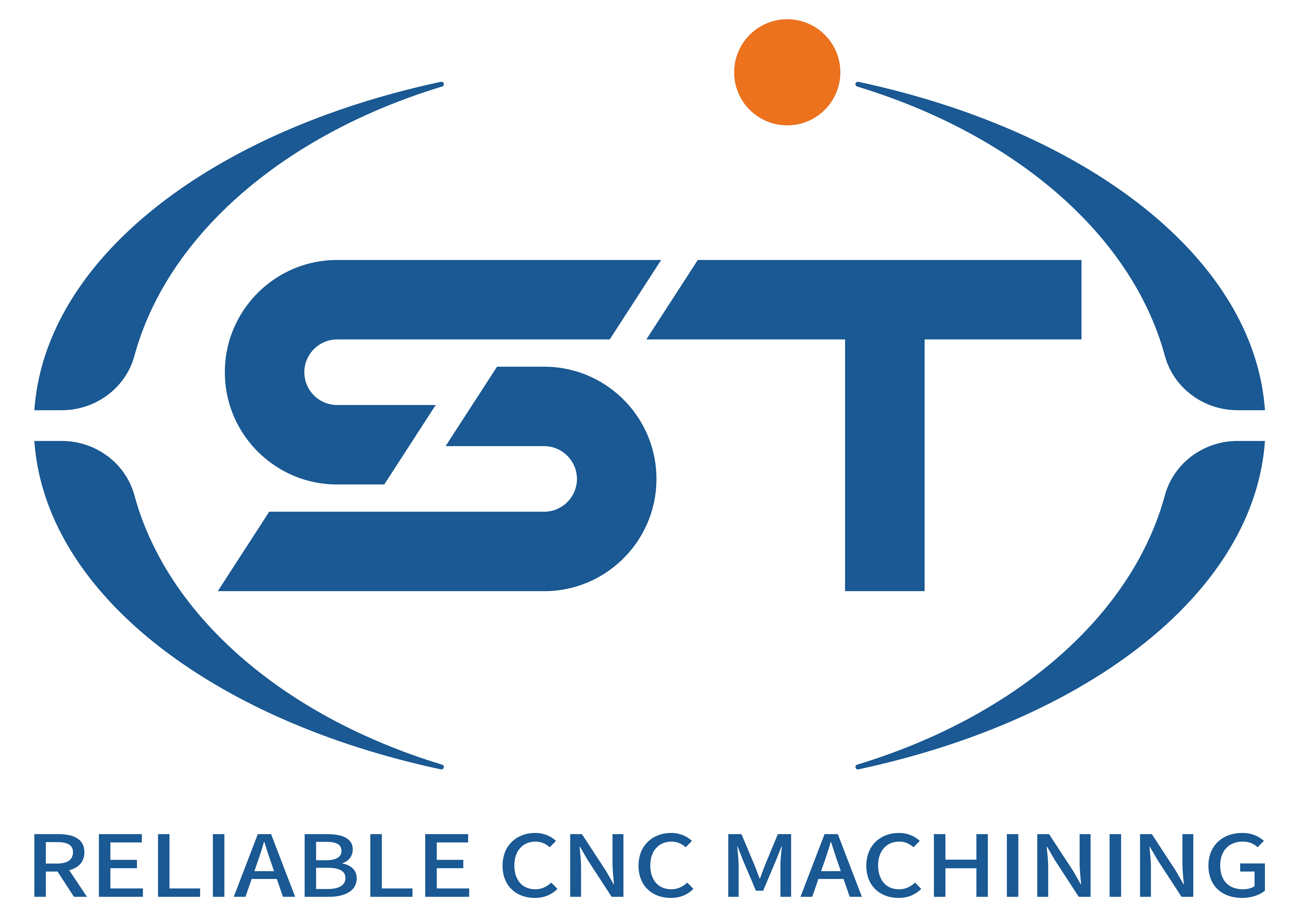Flexible Manufacturing Systems (FMS) in Lavorazione CNC per componenti automobilistici
The automotive industry’s need for agility, scalability, and responsiveness to market demands has driven the adoption of flexible manufacturing systems (FMS) in CNC machining. FMS integrates CNC machines, automated material handling, and centralized control systems to enable rapid reconfiguration, efficient production of varied parts, and seamless adaptation to changing requirements. Below are key applications and benefits of FMS in automotive CNC workflows.
Table of Contents
ToggleAutomated Material Handling and Workflow Integration
FMS relies on automated material handling systems—such as robotic arms, conveyors, and automated guided vehicles (AGVs)—to streamline the movement of raw materials, workpieces, and finished parts between CNC machines. These systems eliminate manual intervention, reducing labor costs and minimizing human errors that can disrupt production. For example, a robotic arm might load a blank into a CNC milling machine, retrieve the finished part, and transfer it to an inspection station without pausing the process.
Centralized control software orchestrates material flow, ensuring machines operate at optimal capacity. By dynamically assigning tasks based on machine availability, part priority, and tooling requirements, FMS reduces idle times and bottlenecks. If one machine experiences a delay, the system can reroute jobs to alternative machines, maintaining production continuity.
FMS also supports just-in-time (JIT) manufacturing by synchronizing material delivery with production schedules. Automated systems retrieve components from inventory only when needed, reducing storage costs and waste from overproduction.
Rapid Reconfiguration and Multi-Part Production
One of FMS’s core strengths is its ability to switch between different part types with minimal downtime. CNC machines in an FMS are programmed to handle diverse geometries and materials, enabling the production of low-volume, high-mix components—such as engine blocks, transmission parts, or suspension components—on the same line.
Centralized control software stores toolpaths, cutting parameters, and inspection routines for multiple part variants. When transitioning from one part to another, operators can simply load the new program, and the system automatically adjusts machine settings, tooling, and material handling paths. This flexibility reduces setup times and allows manufacturers to respond quickly to customer orders or design changes.
FMS also supports concurrent production of similar parts. For example, a system might machine a batch of cylinder heads for one vehicle model while simultaneously producing valve covers for another, optimizing resource utilization and reducing lead times.
Real-Time Monitoring and Adaptive Process Control
FMS integrates IoT sensors and machine monitoring tools to provide real-time visibility into production status. Sensors track machine performance, tool wear, and part quality, feeding data into a centralized dashboard. Operators can monitor multiple machines remotely, identifying issues such as tool breakage or material jams before they escalate into downtime.
Adaptive control systems use this data to adjust processes dynamically. If a sensor detects excessive vibration in a spindle, the system might reduce the feed rate or pause the machine to prevent damage. Similarly, if a part fails an in-process inspection, the system can trigger a rework process or adjust cutting parameters for subsequent parts to correct the issue.
FMS also enables predictive maintenance by analyzing machine health data. By forecasting equipment failures or tool wear, the system can schedule repairs during planned downtime, minimizing unplanned interruptions and extending equipment lifespan.
Integration with Industry 4.0 and Digital Twins
FMS aligns with Industry 4.0 principles by connecting machines, systems, and people through digital networks. Cloud-based platforms aggregate production data, enabling remote access and collaboration across teams or facilities. For example, engineers in one location might analyze real-time data from an FMS in another plant to optimize processes or troubleshoot issues.
Digital twin technology enhances FMS capabilities by creating virtual replicas of physical systems. By simulating production scenarios—such as introducing a new part or adjusting machine layouts—manufacturers can test changes without disrupting operations. Digital twins also support training by allowing operators to practice complex tasks in a risk-free virtual environment.
Furthermore, FMS integrates with enterprise resource planning (ERP) and manufacturing execution systems (MES) to align production with business goals. By synchronizing order management, inventory, and scheduling, FMS ensures efficient resource allocation and on-time delivery.
By deploying flexible manufacturing systems, automotive manufacturers transform CNC machining into a dynamic, responsive, and scalable process. From automated material handling and rapid reconfiguration to real-time monitoring and Industry 4.0 integration, FMS enables agile production that meets the automotive sector’s demands for speed, variety, and quality.




